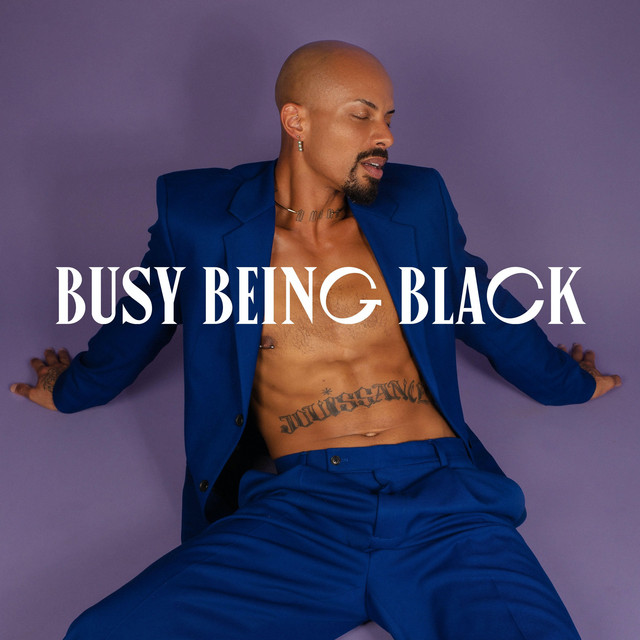10 Oct 2020
Josh Rivers received a Culture of Solidarity grant from the European Cultural Foundation for his project Busy Being Black. “Busy Being Black is the podcast exploring how we live in the fullness of our queer Black lives. It is a growing compendium of queer Black voices, an oral history project and conversations with those who have learned – and are learning – to thrive at the intersections of their identities.”
Josh, how did you actually start with your podcast?
Before, I went through a really traumatic time in my life. I was searching for community for answers, for understanding. I was surrounded by black people who were admonishing me, but who were holding me, who called me in and who were then sharing their own experiences with mistakes, triumphs, lessons learned and wisdom. As I was having these experiences and as I was literally healing through that process of conversation, dinner sharing, I thought how amazing if I could amplify these stories to a much wider audience.
And so, it started very organically like that. I bought a little handheld podcast recorder and I reached out to my friend Bisi Alimi, a British-Nigerian HIV/LGBT+ activist and had a talk. I credit Bisi because the show is often described as vulnerable, intimate, emotional, and I really credit Bisi with, I get goosebumps thinking about it, showing me how deep the show and important the show could be because he went to places I wasn’t expecting him to go. And he really empowered me to continue with the show. And now we’re here.

When you start from such a personal point, and then grow into a community before getting the stories from within communities out to a wider audience, do you have any idea of control?
The first step is to set your intentions. I have a one-pager that I send out to potential guests that literally says I’m trying to create something moving meaningful and vulnerable. I’m creating a space for them to show up as their full self: you will be held, you will be loved, you will be respected. And however deep you go, I’ll meet you there.
You know, I’m very specific that I’m speaking to predominantly Black people, that I will always centre and prioritise Black people. There’s always someone else that’s trying to be uplifted, to be spoken to, to pass on advice. What I get asked a lot is how are you going to make Busy Being Black appeal to more people? Firstly, I think that is a capitalist question. Secondly, it suggests that you have to make the show more relevant to audiences outside of the one you’ve outlined, claiming that, unless it reaches those ears, appears in the white gaze, it won’t be as meaningful or as important. I reject that.
How does Busy Being Black contribute to the shaping of a European public space?
If we look at the work of Jane Jacobs in the US, in her The life and death of great American cities, the death of public spaces came about because there weren’t spaces that accommodated all people simultaneously. The European project in its ambition, perhaps, and its optimism is trying to create on a much grander scale that there is space for everybody.
But I think part of any great space is knowing that there are spaces in which people are represented and fought for, right? That’s the role of government, it should be the role of politicians, it should be the role of cultural institutions. And so, I think what Black people across the continent are telling cultural institutions and governments is: “You already look after a lot of people. Why can’t you look after us and represent us too?” I’m hoping that my conversations will help shine a light on some of the people who are invisibilised in the system. I’m hoping to take the specificity of Busy Being Black and apply it in a European cultural context. And then to also elucidate how these communities are interwoven and interconnected.”
